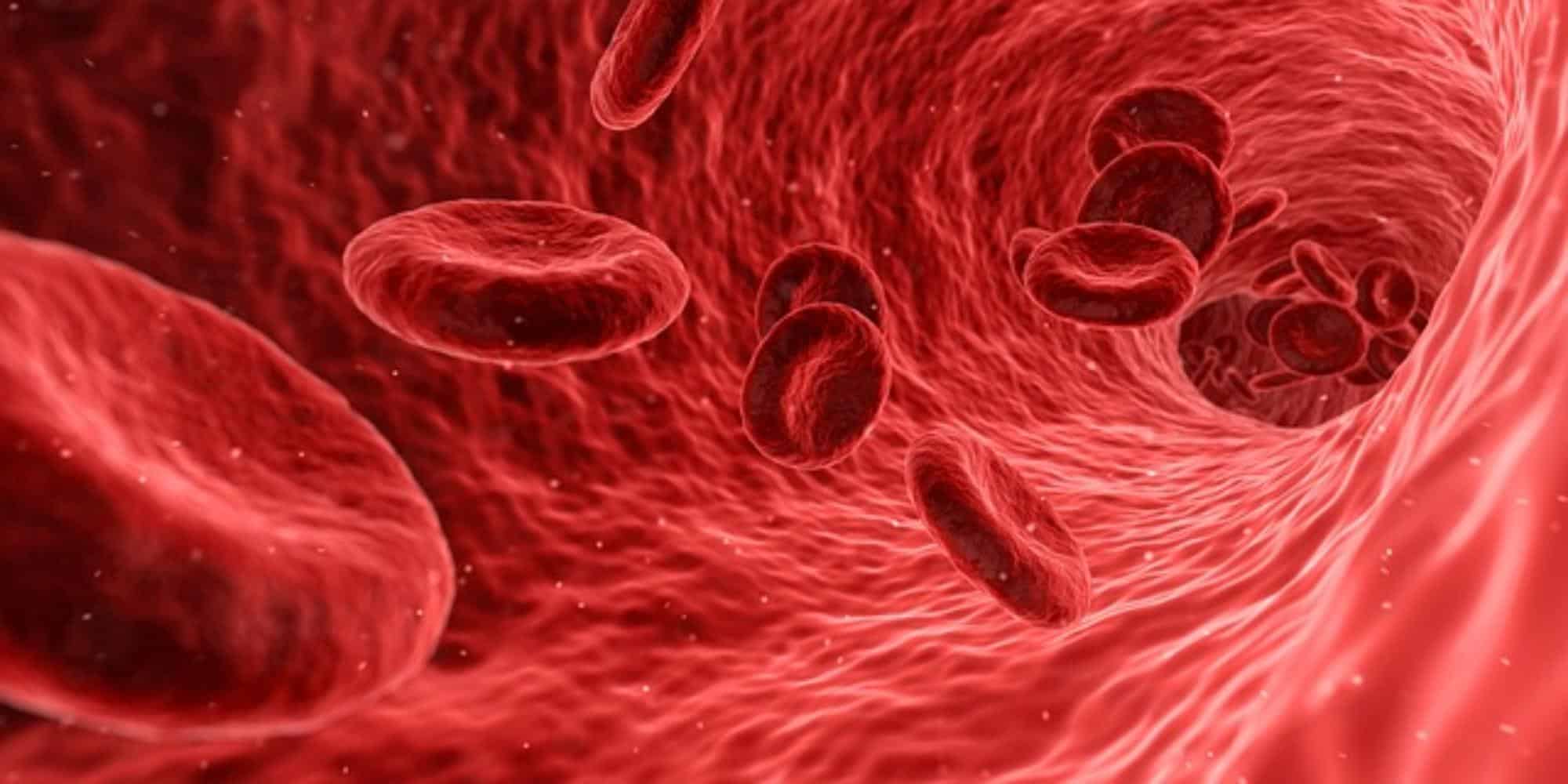Learn Here About ITP, A Blood Disorder Due To Platelet Loss, Including The Causes, Symptoms, Diagnosis, And Treatment
You may be worried about bleeding, bruises or red spots on your senior loved one’s skin. Pegasus home healthcare professionals in Valencia and elsewhere understand your concern. They’ve collected five things to know about ITP to help you determine if medical attention is warranted.
ITP is the acronym for Idiopathic Thrombocytopenic Purpura. Some call it immune thrombocytopenic purpura and others shorten it to immune thrombocytopenia. ITP is a bleeding disorder.
In medical terms, idiopathic means the cause is unknown. It’s commonly used in a variety of diagnoses. It is NOT a reference to mental status.
Platelets Are Needed For Blood To Clot
Cells in the blood called thrombocytes are what causes blood to clot. You may know them as platelets. Thrombocytopenia means there aren’t enough platelets for blood to clot properly.
Without an adequate amount of platelets, it becomes extremely difficult to stop bleeding. Purpura means bruises or ruptured blood vessels. The little red or purplish spots are petechiae, which are the result of bleeding under the skin.
Acute ITP lasts six months or less and is more common in children than adults. Chronic ITP doesn’t go away. It affects more younger women than men and affects more older men than mature women.
ITP may be primary, meaning it has occurred as an independent condition. Secondary ITP is the result of other conditions. In adults, ITP often develops over time.
Abnormal bruising and petechiae aren’t the only symptoms. Any break in your senior loved one’s skin can lead to excessive bleeding. They may have nosebleeds for no discernible reason.
Their mouths and gums bleed easily. There may be blood in their feces or urine. Some adults develop hematomas, which are clumps of partially-clotted blood under the skin.
Other than fatigue in some individuals, the symptoms of ITP are all blood-related. ITP isn’t painful. It does not affect mental or physical ability.
Conditions other than ITP can have similar symptoms. Any change in your loved one’s skin should be examined by a healthcare professional. Bleeding for any reason should be regarded as a medical emergency.
Researchers Have Discovered The Cause OF ITP
The condition was originally labeled idiopathic as the cause was unknown. Medical science in recent years has discovered that ITP is an autoimmune disease. That means that the immune system is attacking the body rather than protecting it.
The immune system in individuals with ITP produces antibodies that destroy platelets. Some individuals also are unable to produce an adequate number of platelets. Conditions that can “trigger” the faulty immune system reaction include:
- Exposure to toxins
- H. pylori (a bacterium)
- Hepatitis
- Human immunodeficiency virus (HIV)
- Lupus
- Rheumatoid arthritis
Research into the causes of ITP continues. So far, it does not appear to have a genetic component. It is not contagious.
ITP does not have a specific diagnostic test. Physicians diagnose it primarily by ruling out other medical conditions that cause low platelet counts. They also consider any medications your senior loved one is taking as some meds can cause similar symptoms.
Provide the doctor with a list of all medications, prescribed or not, and supplements. Over-the-counter (OTC) products that can impair platelets include aspirin and ibuprofen. Some herbal products, such as ginkgo biloba, may need to be discontinued.
Your senior can expect a physical exam and blood tests. As platelets are formed in bone marrow, it may also be tested.
More Than One Kind Of Treatment Is Available
Treatment depends on the severity, underlying causes, age, and other medical conditions. Some individuals just need monitoring, especially in the early stages. Eventually, medications will be required for most individuals.
Doctors typically start with drugs that stimulate the production of platelets. Some of these are temporary, including steroids such as prednisone. Other medications work on the immune system.
Medical treatment can sometimes lead to remission, which can be short-lived or last a lifetime. People also report feeling better with lifestyle changes. For example, alcohol decreases platelet production, so abstaining can improve ITP symptoms.
Some individuals receive transfusions of platelets. That is used primarily in emergencies. The improvement is temporary.
Antibodies are produced in the spleen. Surgery to remove the spleen (splenectomy) can eliminate the antibodies that are destroying platelets. It’s not successful 100 percent of the time, and it leaves your senior vulnerable to infection.
All treatments have side effects. None will cure ITP. All require consultation with medical professionals.
Hematologists are specialists in diseases of the blood. Your loved one may be receiving health care for conditions other than ITP. It’s essential to have all professionals working together to obtain the best treatment.
ITP Does Not Have A Cure
Because there is no cure, and potentially serious side effects of treatment, your loved one may opt for no treatment. That decision should be made after medical consultation. In rare cases, ITP can cause bleeding in the brain.
Pegasus is a licensed Home Care Organization and a Joint Commission Accredited Home Health Care organization. Our home healthcare services in Valencia and our other locations are tailored to fit individual needs. You can rely on our assistance for your senior loved one at whatever level is needed.

